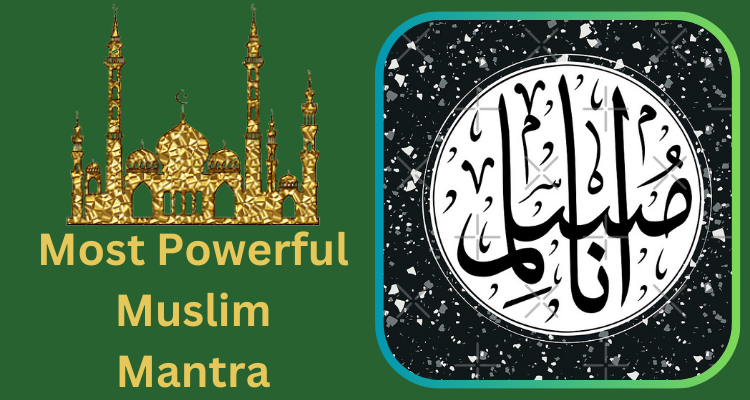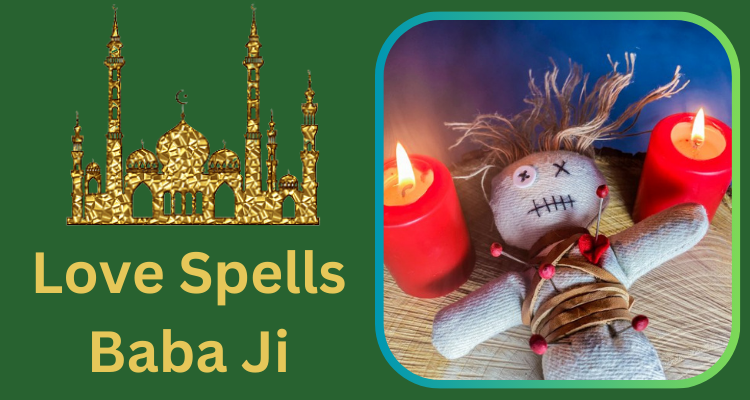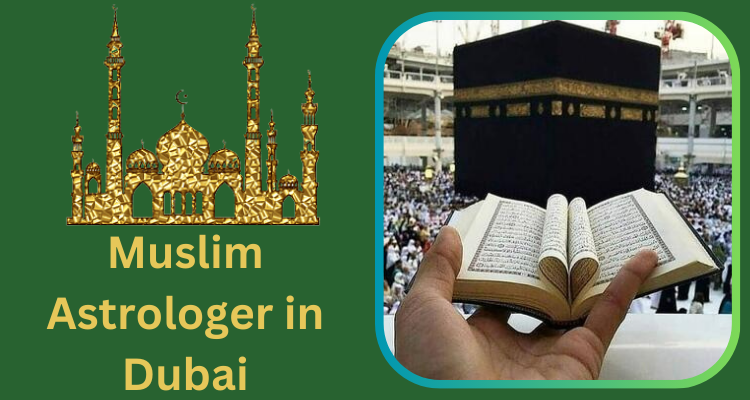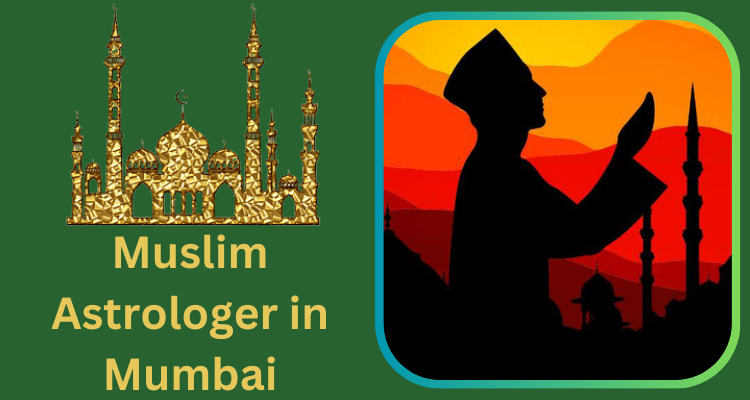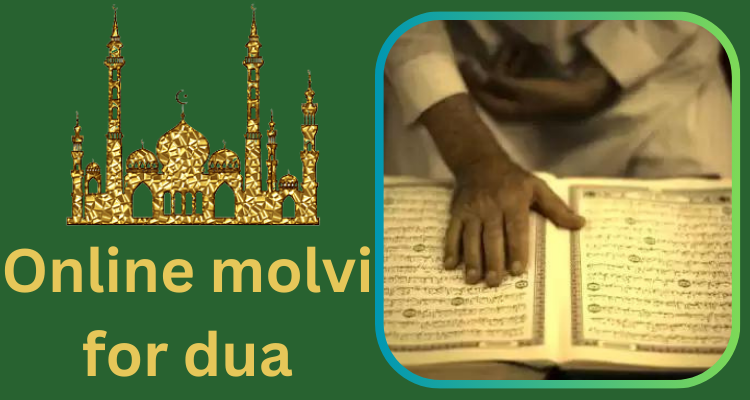In the rich tapestry of Islamic spirituality, there exists a profound tradition of supplication and invocation known as mantras. These sacred phrases, rooted in the teachings of the Quran and Hadith, are believed to carry immense spiritual power. One such mantra that has garnered attention is the “Most Powerful Muslim Mantra” offered by exlovebackmaulana.com. In this exploration, we delve into the significance of this mantra, its origins, and its potential impact on the lives of those who seek its guidance.
Understanding Islamic Mantras
Islamic mantras, also referred to as dhikr or supplications, are an integral part of Islamic spirituality. These phrases are recited with the intention of drawing closer to Allah, seeking His guidance, protection, and blessings. The Quran, the holy book of Islam, is a source of numerous supplications, each carrying its own unique spiritual weight.
The “Most Powerful Muslim Mantra” is said to be a distillation of these divine teachings, crafted to address the complexities of life and relationships. It is crucial to approach these mantras with sincerity, humility, and a deep understanding of their spiritual context.
The Origins of the Mantra
The origins of the “Most Powerful Muslim Mantra” lie in the teachings of Islam, particularly in the Quran and the sayings of Prophet Muhammad (peace be upon him). Islamic scholars and spiritual leaders often draw upon these sources to compile potent supplications that resonate with the challenges faced by individuals in their daily lives.
Exlovebackmaulana.com, a platform dedicated to spiritual guidance, claims to have curated this mantra through a careful selection of verses and phrases that encapsulate the essence of seeking Allah’s help in matters of love and relationships. It is essential to approach such claims with discernment, ensuring that the teachings align with the broader principles of Islam.
The Power of Intention
In Islamic spirituality, the power of intention (niyyah) is paramount. When reciting a mantra, it is crucial to have a clear and sincere intention. The “Most Powerful Muslim Mantra” is often recommended for those seeking guidance in matters of love, including relationships, marriages, and reconciliation.
By focusing on the intention behind the recitation, individuals aim to align their desires with the will of Allah. This, in turn, is believed to open channels of divine assistance and blessings. It is important to note that while supplications are a means of seeking help, they do not replace the importance of personal effort, responsibility, and ethical conduct.
The Role of Faith and Trust
Central to the efficacy of any Islamic mantra is the faith and trust placed in Allah’s wisdom and mercy. The “Most Powerful Muslim Mantra” is not a magical incantation but a spiritual tool that, when coupled with genuine faith, is believed to facilitate positive outcomes. The Quran emphasizes the concept of tawakkul, or reliance on Allah, reminding believers to place their trust in Him wholeheartedly.
Individuals who turn to this mantra are encouraged to strengthen their relationship with Allah through regular prayers, acts of kindness, and adherence to Islamic principles. The mantra is seen as a supplement to these efforts, amplifying the believer’s connection with the divine.
Navigating Love and Relationships
The “Most Powerful Muslim Mantra” is often associated with matters of the heart, particularly in the context of love and relationships. It is crucial to approach these supplications with a genuine desire for positive and harmonious outcomes, grounded in the principles of love and compassion outlined in Islam.
While the mantra may be recited for various relationship challenges, it is not a substitute for open communication, mutual respect, and ethical conduct. Islam encourages individuals to approach relationships with sincerity, honesty, and a commitment to the well-being of both parties involved.
Cautions and Considerations
As with any spiritual practice, it is important to exercise caution and discernment when engaging with mantras or supplications. Claims of a mantra being the “Most Powerful” should be met with scrutiny, and individuals are encouraged to seek guidance from knowledgeable and reputable Islamic scholars.
Additionally, the use of such mantras should not lead to superstitious beliefs or the neglect of practical efforts. Islam teaches that individuals are responsible for their actions, and seeking divine assistance should be complemented by sincere efforts to address challenges in a responsible and ethical manner.






